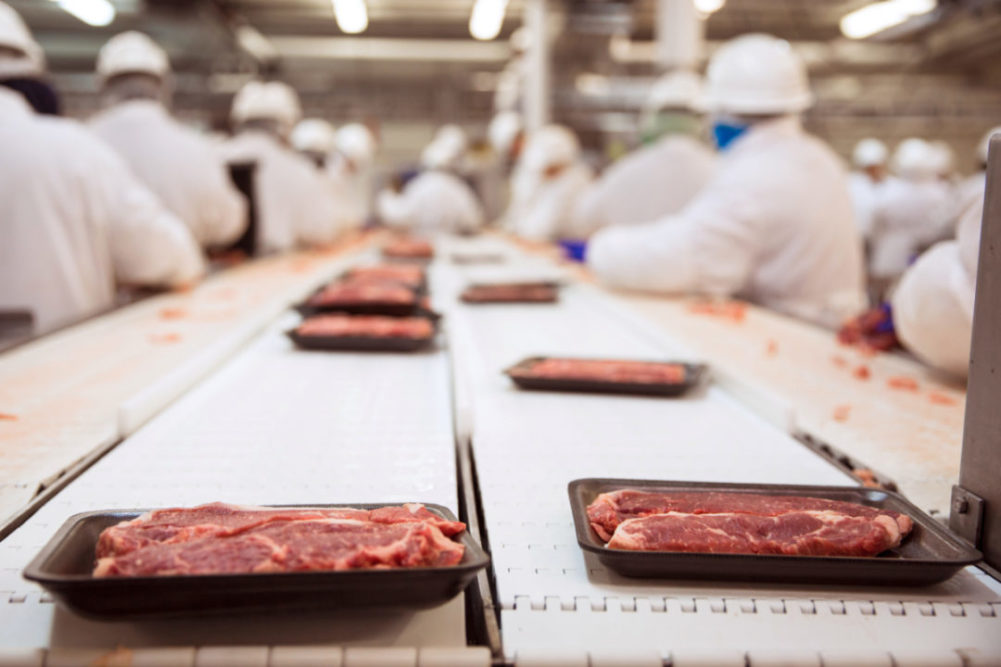DENVER – Pent up demand from foodservice operators and retail outlets has run headlong into labor shortages and other constraints faced by meat and poultry processors, according to a recent report by Brian Earnest of CoBank.
Meat processors are dealing with pressure from higher domestic consumption, rising demand from international customers and stronger demand from the retail and foodservice segments, the report said. Meanwhile, processors are starting out with lower stocks. CoBank said total beef, pork, and chicken in cold storage was 20% lower year-over-year at the start of grilling season, and ending stocks fell another 3% by the end of July.
Regulations enforcing slower line speeds and labor shortages are additional factors that are influencing available supplies of animal protein.
“Labor shortages continue to dampen productivity and will remain a supply chain concern into 2022,” Earnest said in the report. “Processors cite slower line times; notably, broiler industry year-to-date weekly processing is down about 1% from a year ago. Saturday cattle slaughter, typically clean-up day for the industry, remains elevated: It exceeded the five-year average by 80% last quarter.”
Tight supplies of chicken and strong demand spurred by the “chicken sandwich wars” indicate that higher broiler prices will continue through the fourth quarter, CoBank said.
In the beef processing industry, per-head packer margins remain at historic highs due to easing of dining restrictions and strong demand from foreign markets, CoBank said in the report.
“As a result, packers are motivated to continue processing as many head as possible, alleviating the backlog of cattle amassed in the first quarter of 2021,” according to the report.
Pork prices and hog values jumped 60% compared to a year ago due to tight supplies. Lack of market-ready hogs, tighter production schedules and strong demand resulted in lower stocks in cold storage, CoBank said.
“May ending stocks were down 160 million lbs, or at 75% of average levels during the prior five years,” the report stated.
CoBank noted that the confirmed presence of African swine fever (ASF) in the Dominican Republic is causing some trepidation as a positive case in the United States could halt US pork exports immediately. However, US protein production is expected to lag behind demand through 2021.


